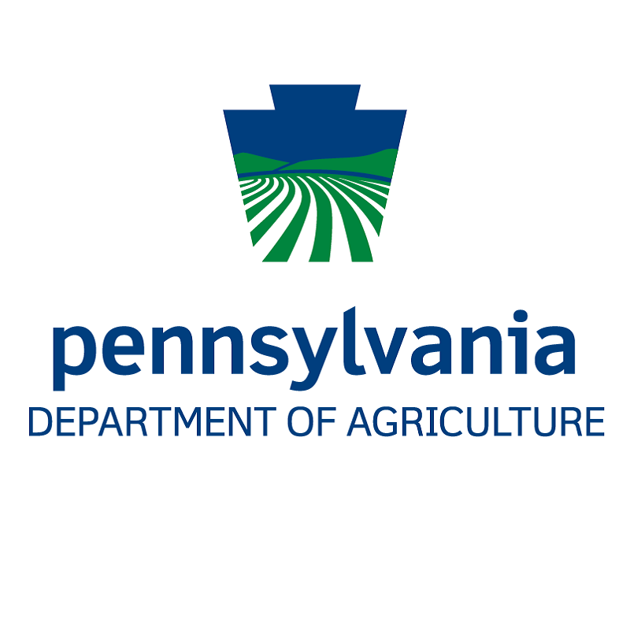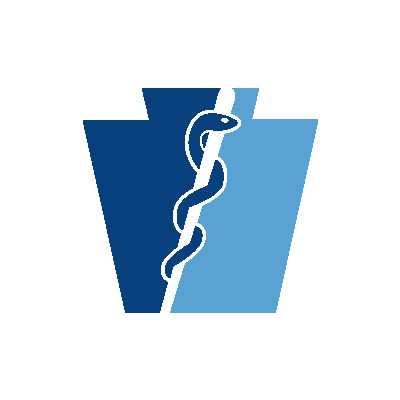Harrisburg, PA – The Department of Agriculture today released data related to COVID-19 restaurant enforcement actions from October 19 through October 25, 2020. The information is specific to COVID-19 mitigation requirements for restaurants including social distancing, masking, and occupancy limits.
These numbers include actions taken during routine food safety inspections and inspections prompted by consumer complaints.
From October 19 through October 25, the Bureau of Food Safety performed 653 total inspections, 46 of which were complaint-driven; 15 were COVID-19 specific complaints. The bureau distributed 61 COVID-19 complaint-driven educational letters. 19 COVID-19 related complaints were referred to local and county health jurisdictions. One formal Warning Letters were issued.
A county by county breakdown of COVID-19 restaurant enforcement actions can be found on the Department of Agriculture’s website. The data will be updated weekly, with data from the previous week.
Among other requirements, all businesses in the restaurant and retail food service industry authorized to conduct in-person activities are mandated to:
- Require all customers to wear a mask while entering, exiting, or otherwise traveling through the restaurant or retail food service business (mask may be removed while seated).
- Employees are required to wear masks at all times.
- Provide at least six feet between parties at tables or physical barriers between customers where booths are arranged back to back.
- Ensure maximum occupancy limits for indoor and outdoor areas are posted and enforced.
The Bureau of Food Safety has always operated with an education-first model, and always works to educate and correct on-site before taking official action. Businesses unwilling to correct on-site will first receive a warning letter, followed by monetary citations ranging from $25 to $300 per offense. Following an initial warning, food safety inspectors will follow up with unannounced inspections to ensure compliance or issue citations as necessary.
Consumers with general food safety complaints or concerns about non-compliance for COVID-19 mitigation can file a report online. COVID-19 mitigation restaurant enforcement actions will be released on a weekly basis.
For more information about the Department of Agriculture’s COVID-19 response, visit agriculture.pa.gov/covid.










